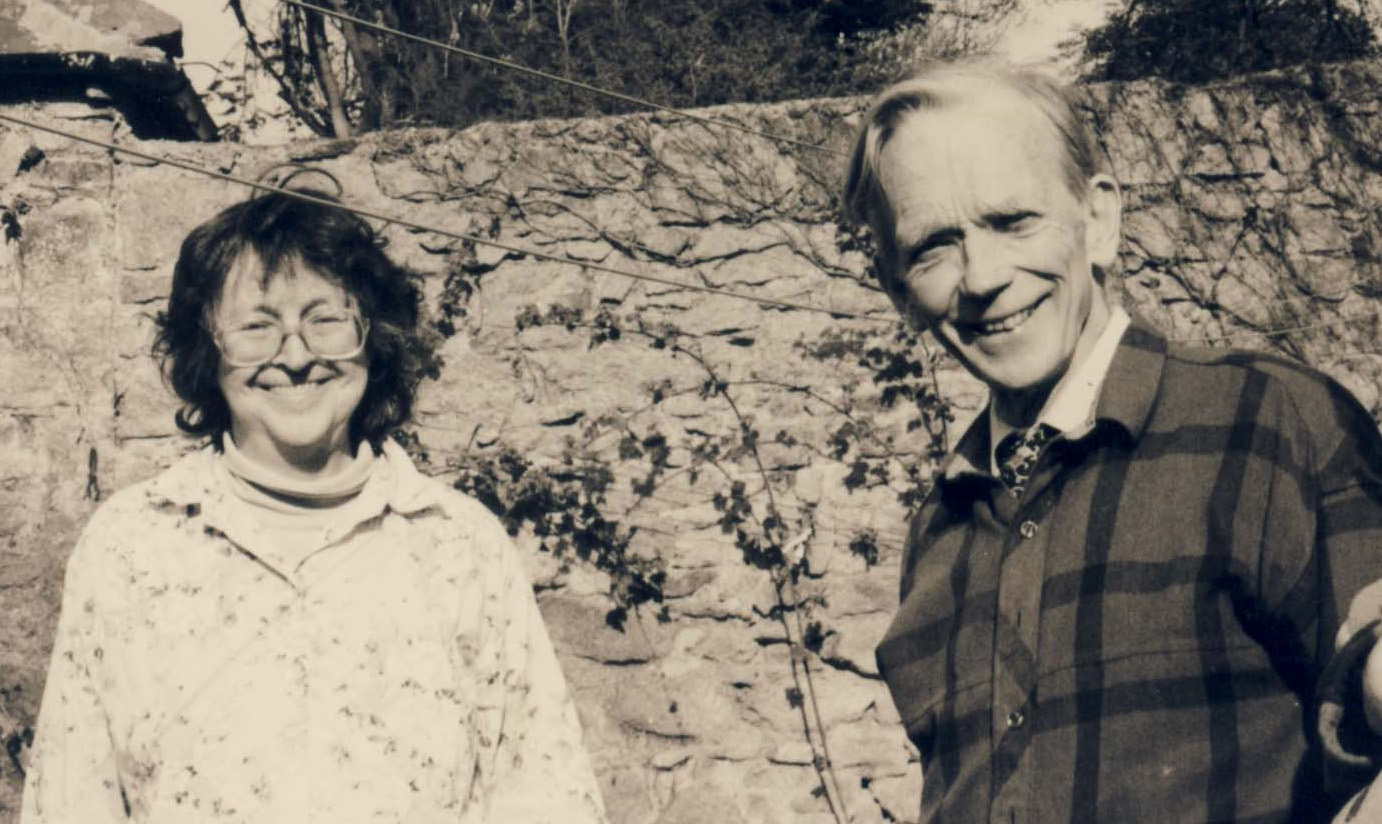

Welcome to Dusty Bluebells, a digital exhibition based on recordings and manuscripts of children’s songs, rhymes and riddles made by song collector Hugh Shields (1929–2008). Collected from the oral tradition across 10 counties in Ireland, the exhibition features 186 individual songs, rhymes and riddles. There are 170 sound recordings featuring 66 performers aged between four and eighty-seven years. Two instrumental pieces (fiddle and lilting) sit amidst a predominantly English-language based collection. Seven Irish language songs and rhymes were collected: 6 in Donegal and one in Belfast.
Hugh planned to publish the songs and music that feature in Dusty Bluebells during his lifetime. The form that this publication would take was envisaged and re-imagined on several occasions by Hugh and his wife Lisa. New recordings were added along the way, publishers ceased trading, and, in the end, the project was put aside.
The Shields Family generously donated the reel-to-reel recordings as well as the project manuscripts, research material and publication plans envisaged by Hugh and Lisa Shields to ITMA. In 2017 ITMA proposed a new digital platform for the material to Lisa Shields, an opportunity to bring the collection and the hidden publication plans to light.
Since then we have collaborated closely with Lisa to ensure the key resources, descriptions and chronology of the planned publishing projects are in place. She herself has created and made available an invaluable new resource, a new 2019 print PDF edition of the Dusty Bluebells Collection, amalgamating the 1970, 1971 and 1975 editions and including Lisa’s own 1970s pen-and-ink drawings.
In the sections below we delve in to the history of how the Dusty Bluebells Collection developed, and the various publication projects Hugh and Lisa Shields envisaged and re-imagined to publish and share the material. Collecting: Hugh Shields’s mother Norah and father John both sang and knew children’s street-rhymes and songs, and he was to develop a lifelong interest in these, as well as ‘adult’ folk songs.